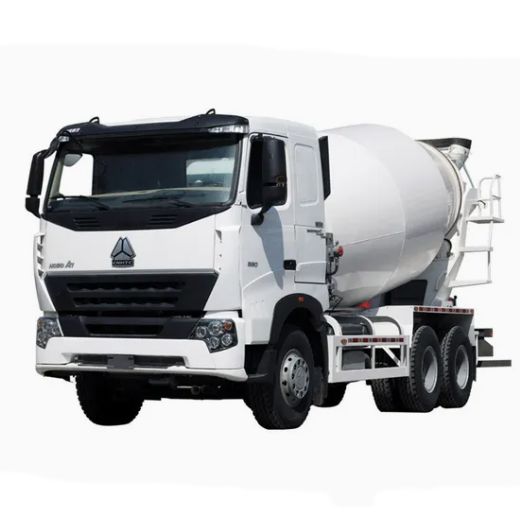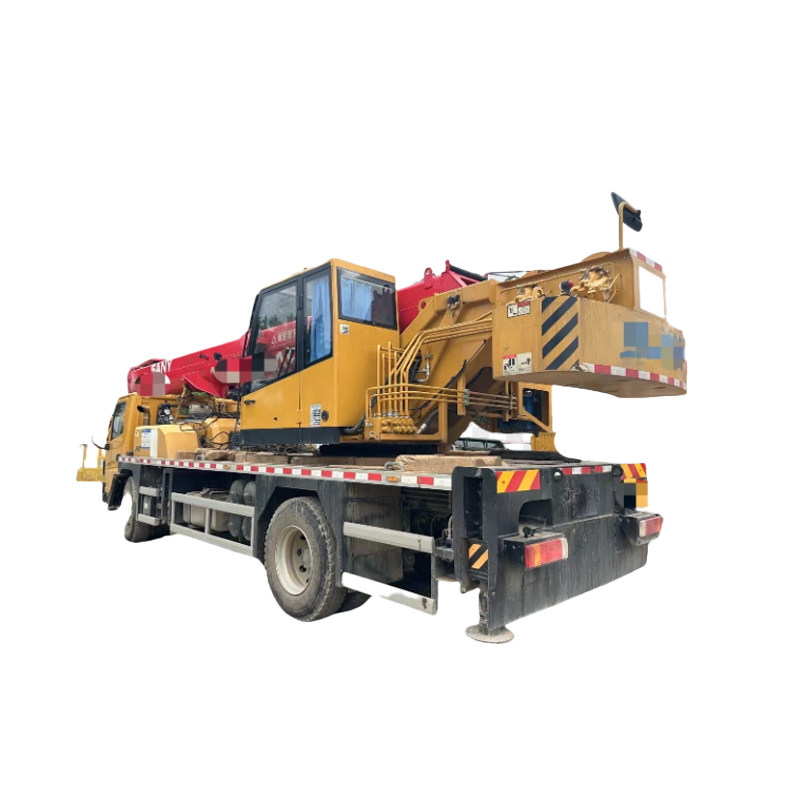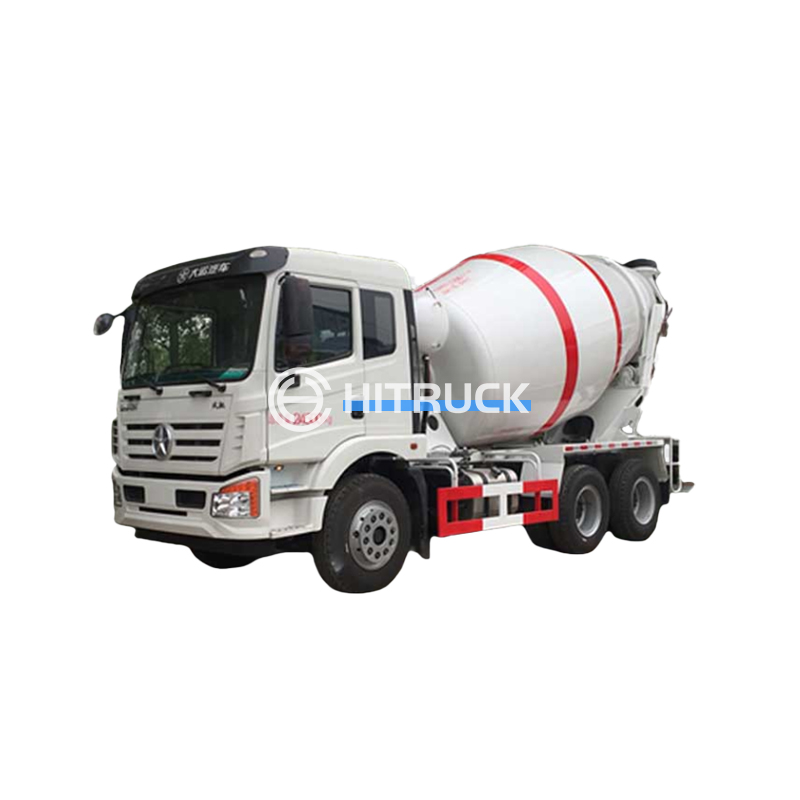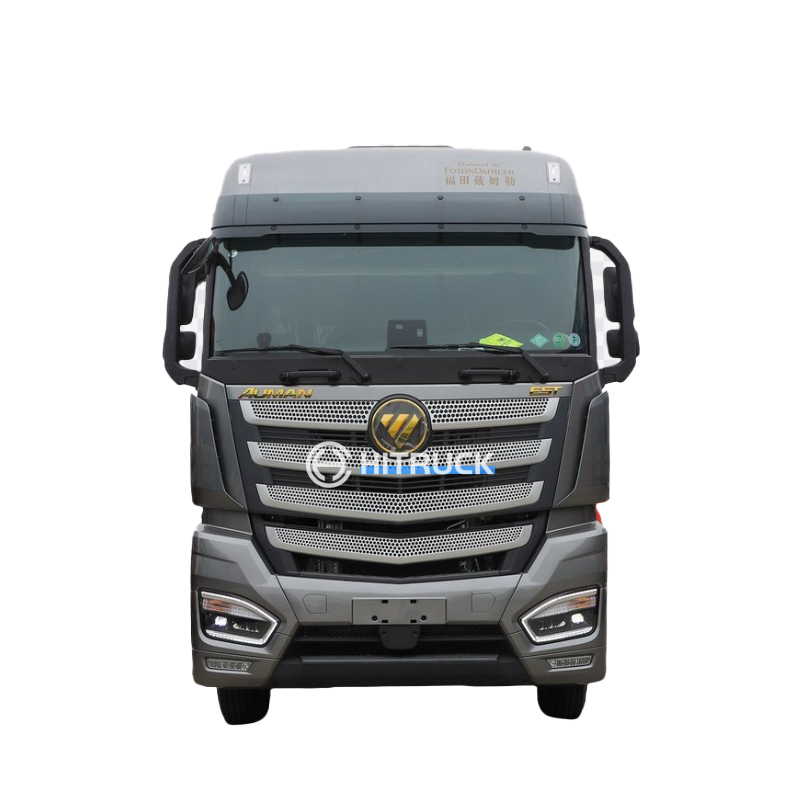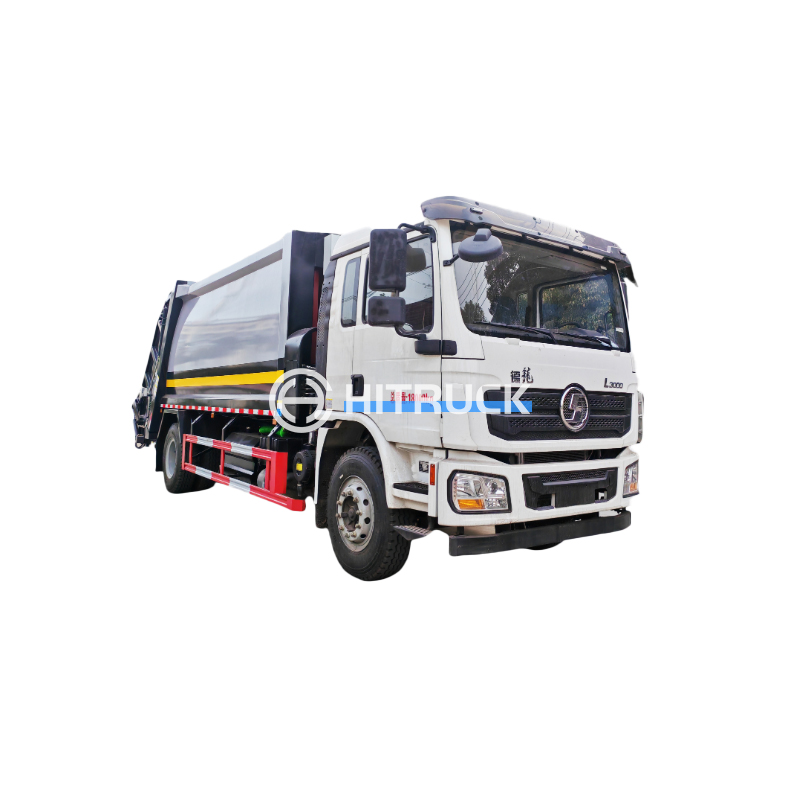This comprehensive guide explores the key factors to consider when purchasing a corporation water tanker, helping you choose the best solution for your specific needs. We cover various tanker types, capacity options, safety features, maintenance, and legal considerations, providing practical advice and real-world examples.
The first step in selecting a corporation water tanker is determining your specific requirements. What volume of water do you need to transport? What is the intended application? Will the tanker be used for construction, firefighting, agriculture, or industrial processes? Consider peak demand and future growth to ensure you invest in a tanker with sufficient capacity. For instance, a large-scale construction project may require a significantly larger corporation water tanker than a smaller landscaping company.
Several types of corporation water tankers are available, each with its strengths and weaknesses. These include:
Beyond capacity and material, several other crucial factors influence your corporation water tanker selection:
The physical dimensions of the tanker are crucial for navigating roads and accessing various sites. Consider the dimensions of your typical routes and access points to ensure compatibility. A detailed specification sheet, provided by the manufacturer, such as those found on sites like Suizhou Haicang Automobile sales Co., LTD, is essential.
The type of pump significantly affects the efficiency and speed of water delivery. Consider the flow rate, pressure, and power source required for your application. Centrifugal pumps are common, but others might be better suited for specific tasks. For example, Suizhou Haicang Automobile sales Co., LTD offers tankers with various pumping systems, each designed for specific water delivery demands.
Safety is paramount. Essential safety features include:
Regular maintenance is crucial to ensure the longevity and safety of your corporation water tanker. This includes inspections, cleaning, and repairs as needed. Adherence to local regulations concerning water transportation and vehicle maintenance is also essential. Failure to comply can lead to hefty fines.
The cost of a corporation water tanker varies depending on size, material, features, and the manufacturer. It's crucial to get quotes from multiple suppliers and compare features and warranty information before making a final decision. Remember to factor in ongoing maintenance costs as well.
| Type | Pros | Cons |
|---|---|---|
| Stainless Steel | Durable, corrosion-resistant, suitable for potable water | High initial cost |
| Mild Steel | More affordable | Requires regular maintenance to prevent rust |
| Plastic | Lightweight, cost-effective | Lower durability, temperature limitations |
Remember to thoroughly research and compare different corporation water tankers before making a purchase. Contacting multiple suppliers and requesting detailed specifications will help you make an informed decision.

